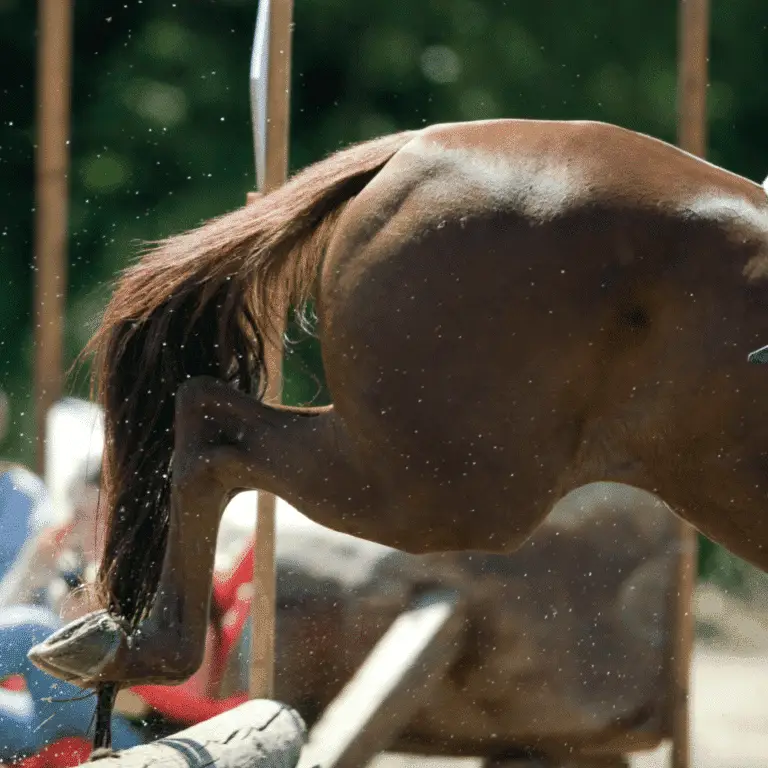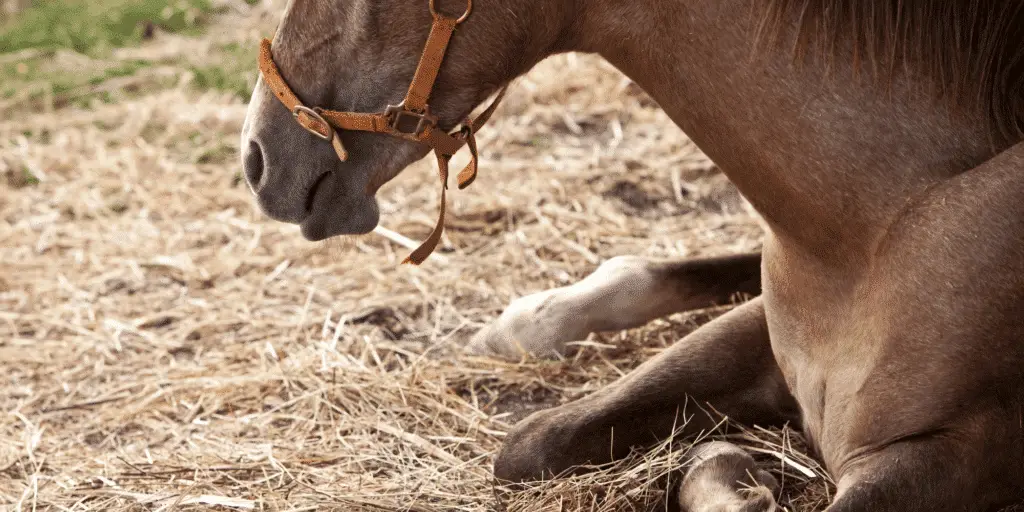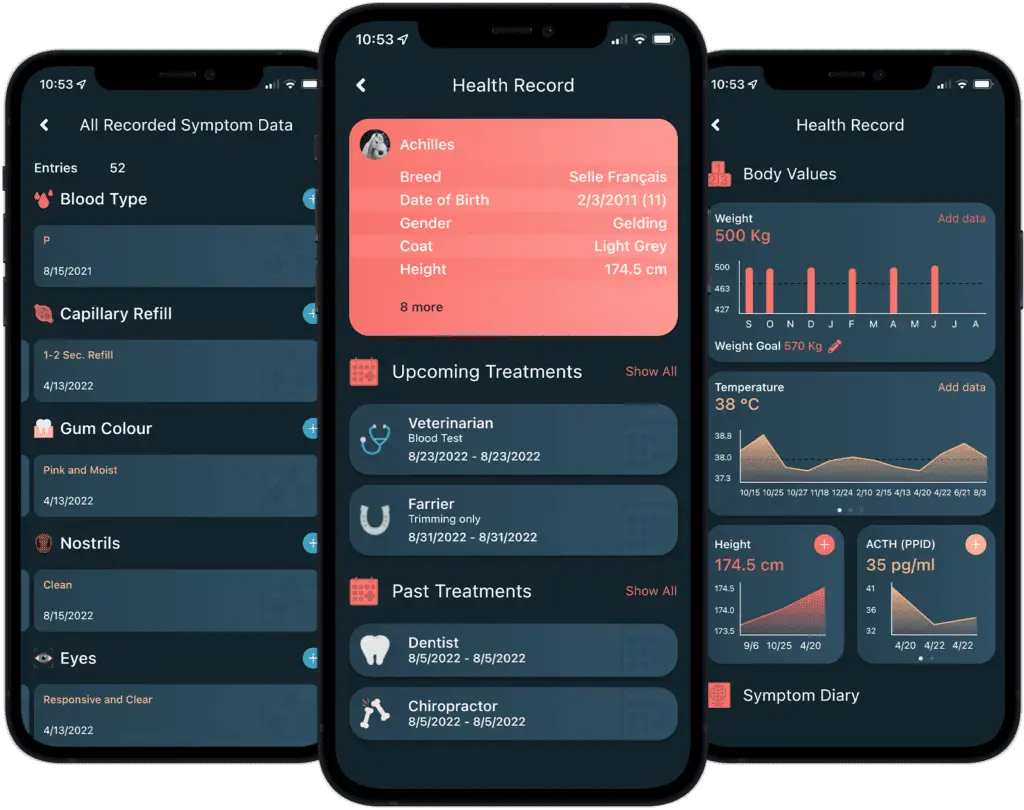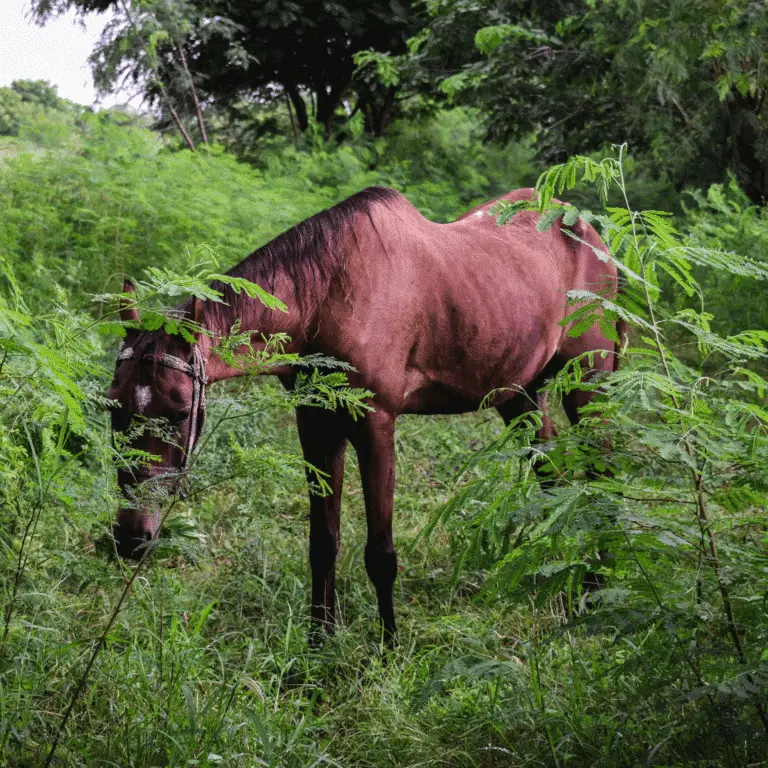
Fibrotic Myopathy
Fibrotic Myopathy in Horses Seek veterinary advice if you suspect this disease Fibrotic myopathy is a mechanical lameness of the

This disease is life-threatening and should be treated by a veterinarian swiftly.
Affected horses are in need of intensive care. There is no antitoxin for HGA but some medications can be used to stop absorption of the toxin. Symptomatic treatment includes intravenous fluid therapy, supplementation of glucose and insulin as well as administration of carnitine, vitamin E, selenium and riboflavin. Anti-inflammatory medication is used to decrease the pain and possibly increase the chance to survive. Affected horse should be kept warm.
Most affected horses that are alive 5 days after the start of clinical signs are likely to recover. Initially recovery is slow, but most affected horses that recover go on to make a complete recovery and return to work with no long-term effects of the disease.
Where you know there are European Sycamores (Acer Pseudoplanatus) close enough for seeds and leaves to drop on your grazing you should consider the following precautions:
– Checking fields carefully for Sycamore leaves and seeds
– Fencing off areas where Sycamore seeds and leaves have fallen
– Hoover-up/pick up sycamore seeds off the pasture
– Turning horses out for shorter periods
– Provide extra forage (hay or haylage) especially where pasture is poor or grazing is tight
– Reducing stocking density so there is plenty of good grazing for every horse

Digital health management offers numerous benefits in modern equine healthcare.
With the Happie Horse App, you can track symptom patterns and body values, such as Temperature, Pulse and Respiration. Allowing you to notice abnormal changes in body and behaviour early on, leading to more successful treatments.
The Happie symptom checker allows you to add all of your horse’s abnormal symptoms in order to present potential causes and diseases.

Fibrotic Myopathy in Horses Seek veterinary advice if you suspect this disease Fibrotic myopathy is a mechanical lameness of the

Equine Exertional Rhabdomyolysis (Tying-Up) This disease is life-threatening and should be treated by a veterinarian swiftly. Equine exertional rhabdomyolysis, more

Seek veterinary advice if you suspect this disease.
Equine motor neurone disease is a progressive neurological disorder in horses causing muscle weakness, weight loss, and trembling.